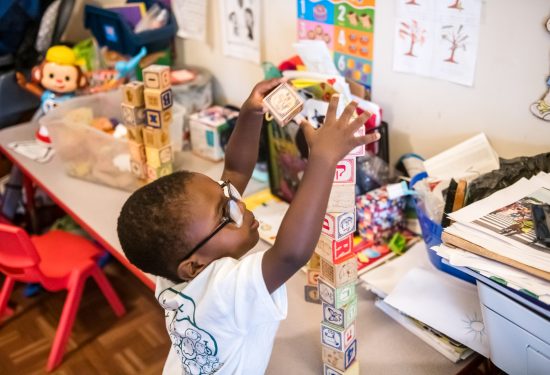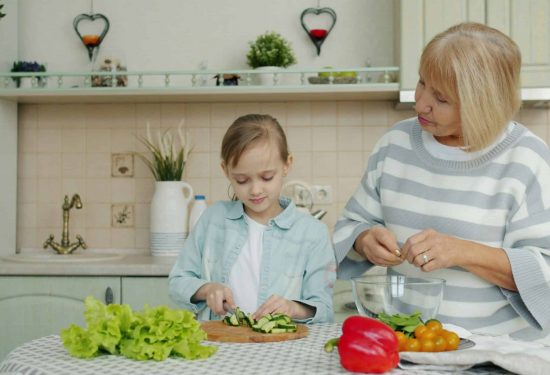Webinar: Advancing Family, Friend, and Neighbor Child Care Research
Date: Tuesday, June 13th, 1:00-2:00pm Eastern (10:00-11:00am Pacific)
While family, friend and neighbor (FFN) care is the oldest and most prevalent form of child care for young children, recognition of and investigation of this care option has not been prioritized within the field of early childhood education. Over recent decades, efforts to better understand the nature of the care experience in FFN settings, the motivations of parents who use this care, and the circumstances of caregivers have come and gone. We are excited that over recent years there has been new interest and additional funding for inquiry surrounding this critical aspect of our child care sector.
Join us to hear about these studies and new findings that shed light on who FFN caregivers are, why parents select and use this care, and how systems can better meet the needs of children, families and caregivers in the care setting.
This webinar will feature panelists:
- Bernadette Sangalang, PhD, Director, Families and Communities, The David and Lucile Packard Foundation
- Philip A. Fisher, PhD, Excellence in Learning Graduate School of Education Professor, Director, Stanford Center on Early Childhood, Stanford University
- Anna Powell, Senior Research & Policy Associate, Center for the Study of Child Care Employment, Institute for Research on Labor and Employment, University of California, Berkeley
- Toni Porter, Researcher, Early Care & Education Consulting
- Megan Hague-Angus, Researcher, Mathematica



